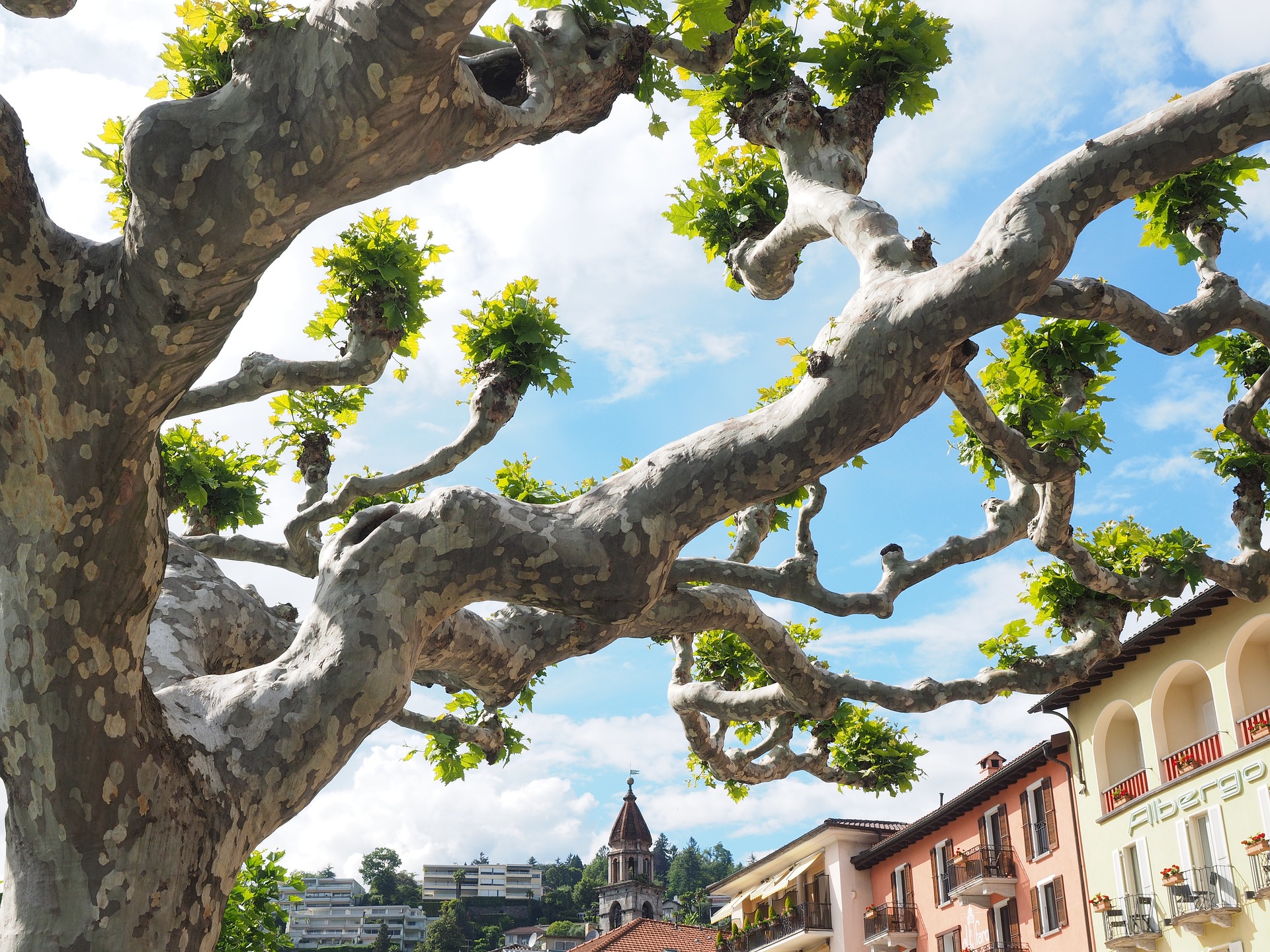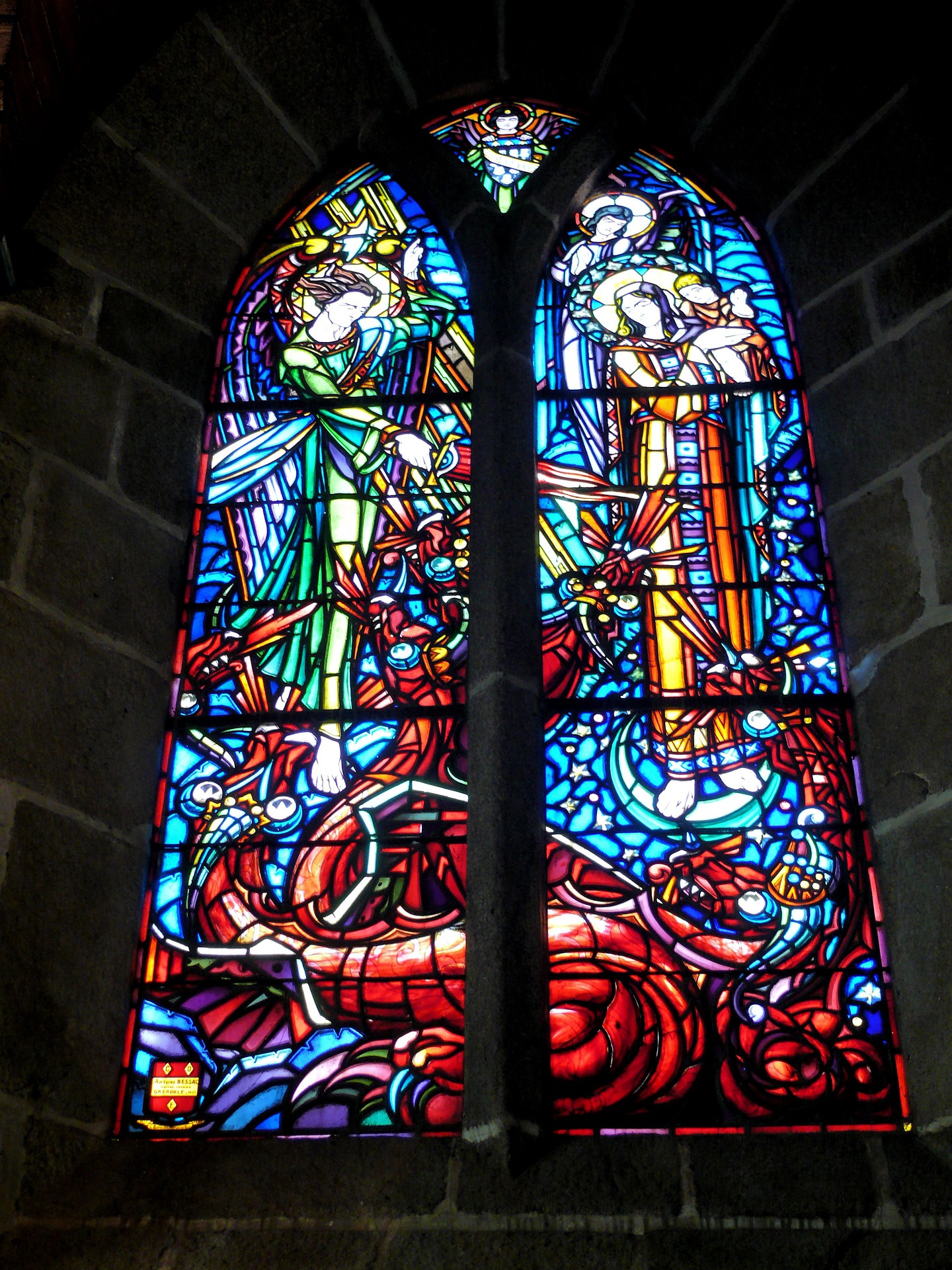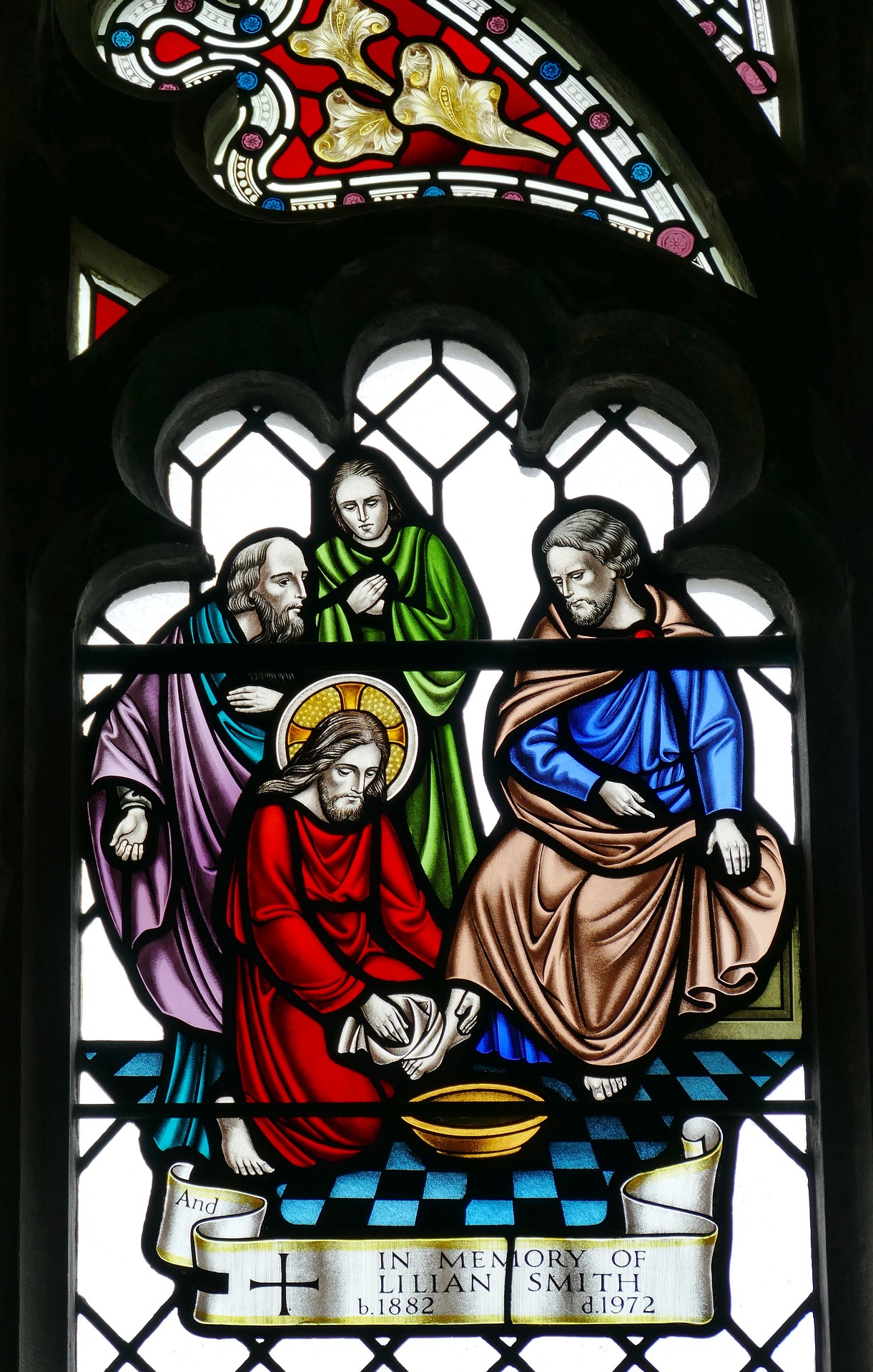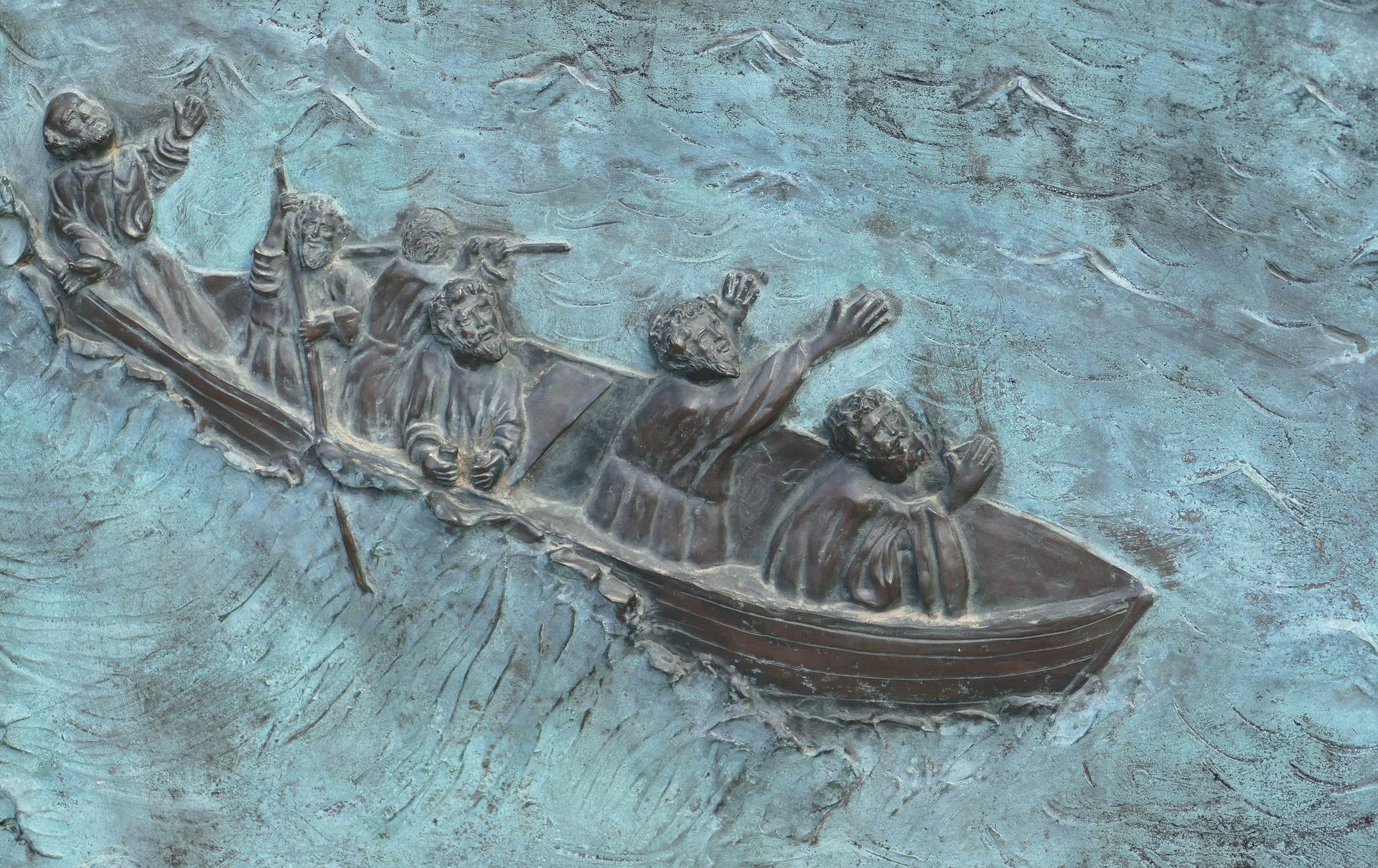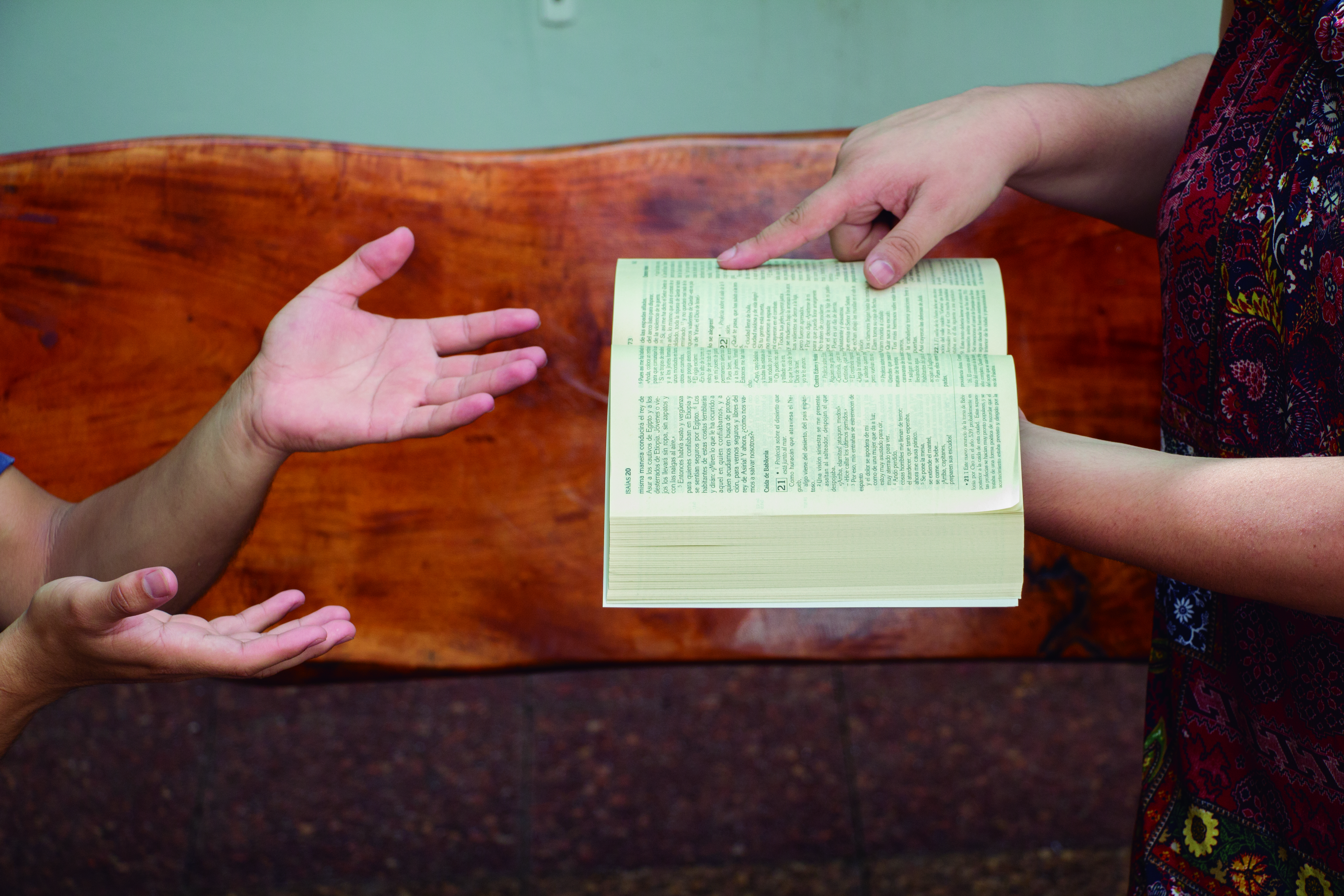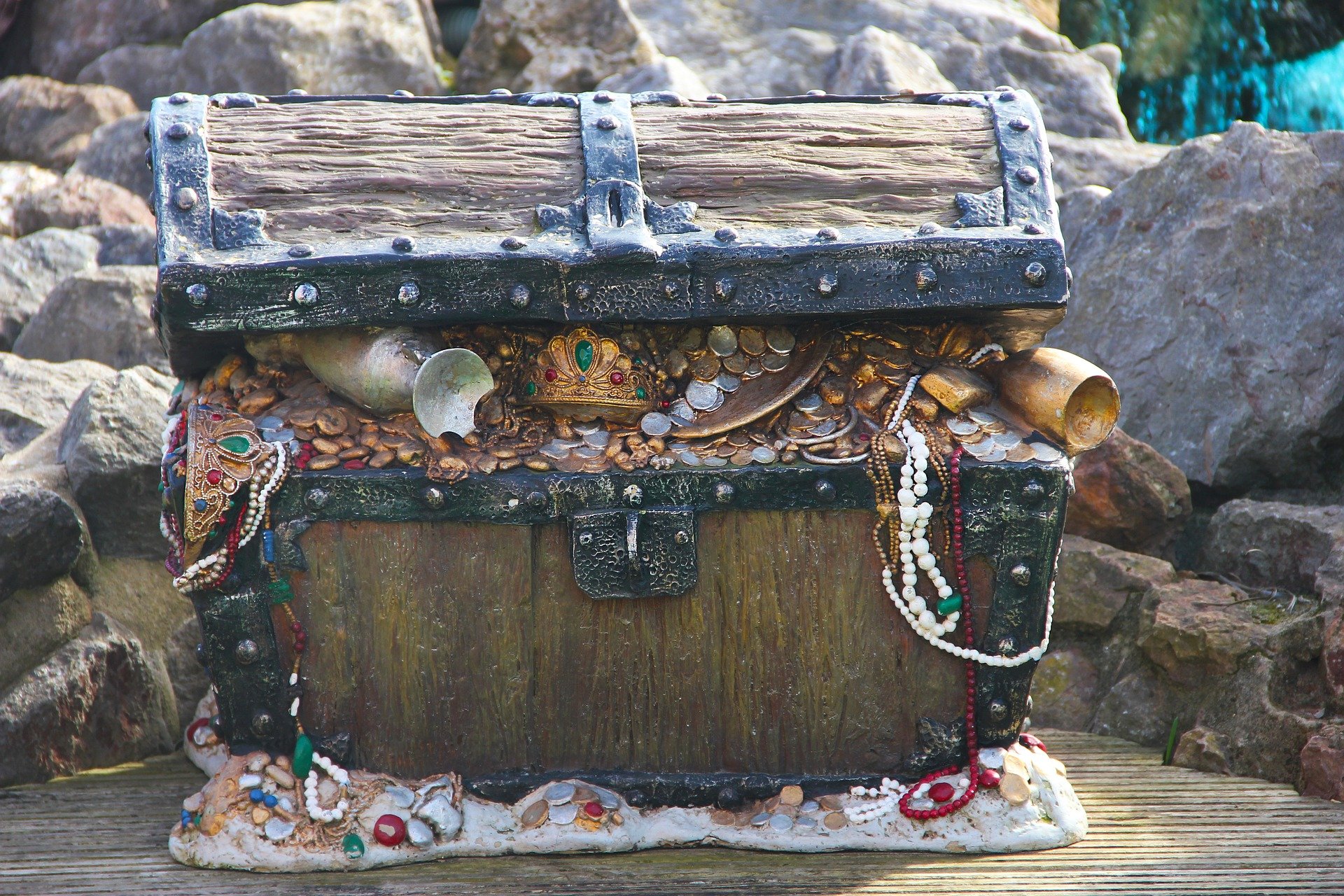Lully, lullay, thou little tiny child,
Bye bye, lully, lullay.
Thou little tiny child,
Bye bye, lully, lullay.
Herod the king in his raging
Set forth upon this day
By his decree, no life spare thee
All children young to slay
All children young to slay
The above quotation comes from The Coventry Carol. This 16th century English carol representing the last lullaby sung by the mothers of the Holy Innocents, the babies slaughtered by Herod whose feast we celebrate today.
What a dark feast to follow on the heels of our Christmas joy! What a stark reminder of the fallen world in which we live with its balance of happiness and horror.
Today’s readings share this tension as they lead us back and forth between light and darkness. In the First Reading, John assures us that “God is light, and in him there is no darkness at all.” This is especially comforting to hear at this dark time of year, a time in which we light our homes inside and out with bright and colorful lights to ward off the darkness of these shorter days.
But a warning quickly follows, for we can choose to “continue to walk in darkness.” What does this mean? Perhaps surprisingly, walking in darkness does not refer to sinning. John takes for granted that we are going to sin. How can we not, when we live in a fallen world and are affected by Original Sin. Rather, “walking in darkness” means pretending that we have NOT sinned. John reminds us that Jesus provides expiation for our sins if we acknowledge them. The Psalmist underlines this point with powerful images of water and fire. He reminds us again that our souls have been freed, because the Lord is with us.
But the Gospel takes us quickly back to darkness. Once again, an angel comes to Joseph in a dream, warning of danger to his little family. Joseph immediately takes Mary and Jesus “by night” to Egypt to hide from King Herod. Imagine the desperate and dark journey as they fled to a strange land and uncertain future.
Thwarted in his attempts to find Jesus, Herod orders the death of every child under the age of two. We believe these innocent martyrs went straight to God, but the suffering of their mothers is unimaginable, a suffering still repeated around the world as war and poverty take the lives of young children.
We cannot pretend to be unaffected by the darkness in the world around us. Just as we look to Christmas lights and firelight to lift our spirits when nights are long, we must look to the Light of Christ to inspire us. And we must be that light to others by praying for them and by looking for tangible ways to alleviate their suffering. For “if we walk in the light as he is in the light, then we have fellowship with one another.” May that fellowship lead us to love and help one another.
Luly, lulay, niñito pequeño,
Adiós, luly, lulay.
Tú, niñito pequeño,
Adiós, luly, lulay.
Herodes el rey en su furia
Partió en este día
Por su decreto, ninguna vida te perdonará
Todos los niños jóvenes para matar
Todos los niños jóvenes para matar
El poema anterior proviene de “The Coventry Carol”. Este villancico inglés del siglo XVI representa la última canción de cuna cantada por las madres de los Santos Inocentes, los bebés sacrificados por Herodes cuya fiesta celebramos hoy.
¡Qué fiesta tan oscura después de la alegría navideña! Qué crudo recordatorio del mundo caído en el que vivimos con su equilibrio de felicidad y horror.
Las lecturas de hoy comparten esta tensión mientras nos llevan de un lado a otro entre la luz y las tinieblas. En la Primera Lectura, Juan nos asegura que “Dios es luz y en él no hay nada de oscuridad”. Escuchar esto es especialmente reconfortante en esta época oscura del año, una época en la que iluminamos nuestros hogares por dentro y por fuera con luces brillantes y coloridas para protegernos de la oscuridad de estos días más cortos.
Pero rápidamente sigue una advertencia, porque podemos optar por vivir “en la oscuridad,”. ¿Qué significa esto? Quizás sorprendentemente, caminar en la oscuridad no se refiere a pecar. Juan ya sabe que vamos a pecar. Cómo no hacerlo, cuando vivimos en un mundo caído y estamos afectados por el Pecado Original. Más bien, “andar en tinieblas” significa finjir que NO hemos pecado. Juan nos recuerda que Jesús provee la expiación por nuestros pecados si los reconocemos. El salmista subraya este punto con poderosas imágenes de agua y fuego. Nos recuerda nuevamente que nuestras almas han sido liberadas, porque el Señor está con nosotros.
Pero el Evangelio nos devuelve rápidamente a las tinieblas. Una vez más, un ángel se le aparece a José en un sueño, advirtiéndole del peligro que corre su pequeña familia. José inmediatamente lleva a María y Jesús “de noche” a Egipto para esconderse del rey Herodes. Imagine el viaje desesperado y oscuro mientras huían a una tierra extraña y un futuro incierto.
Frustrado en sus intentos de encontrar a Jesús, Herodes ordena la muerte de todos los niños menores de dos años. Creemos que estos mártires inocentes se fueron directamente al cielo, pero ni podemos imaginar el sufrimiento de sus madres, un sufrimiento que aún se repite en todo el mundo mientras la guerra y la pobreza roba la vida de los niños pequeños.
No podemos pretender que la oscuridad del mundo que nos rodea no nos afecta. Así como buscamos las luces navideñas y la luz del chimenea para levantar el ánimo cuando las noches son largas, debemos buscar la Luz de Cristo para que nos inspire. Y debemos ser esa luz para los demás orando por ellos y buscando formas tangibles de aliviar su sufrimiento. Porque, “i vivimos en la luz, como él vive en la luz, entonces estamos unidos unos con otros”. Que esa comunión nos lleve a amarnos y ayudarnos unos a otros.
 Leslie Sholly is a Catholic, Southern wife and mother of five, living in her hometown, Knoxville, Tennessee. She graduated from Georgetown University with an English major and Theology minor. She blogs at Life in Every Limb, where for 11 years she has covered all kinds of topics, more recently focusing on the intersection of faith, politics, and social justice.
Leslie Sholly is a Catholic, Southern wife and mother of five, living in her hometown, Knoxville, Tennessee. She graduated from Georgetown University with an English major and Theology minor. She blogs at Life in Every Limb, where for 11 years she has covered all kinds of topics, more recently focusing on the intersection of faith, politics, and social justice.
Feature Image Credit: YlusionCardozo, https://pixabay.com/photos/people-one-kid-adult-portrait-3317897/


